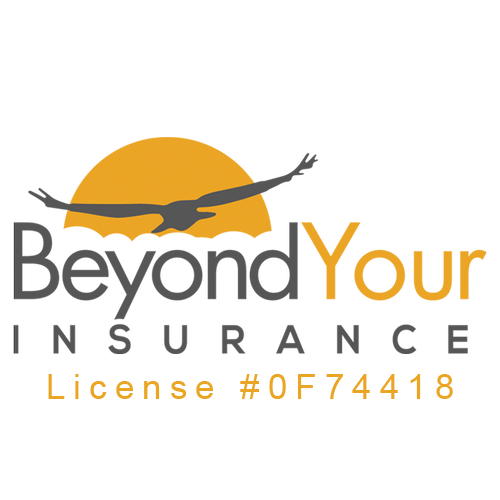FAQ
These are general FAQs about auto insurance, but it's important to remember that insurance regulations and policies can vary by state and provider. Always consult with your insurance company or agent for specific information related to your policy and situation.
-
In California it is required by law to drive a vehicle with valid auto insurance.
-
Liability coverage of 15/30/5 (pays to the other party)
15,000 of bodily injury per person
30,000 of bodily injury for the total accident
5,000 for the property damage
For property damage, we recommend 10,000 as a minimum coverage.
-
In the event of an accident where you are determined at fault, your insurance will cover the cost of the other driver’s bodily injuries and their property damages.
-
15/30/10
25/50/25
50/100/50
100/300/50
100/300/100
250/500/100
-
We offer liability and full coverage. We will ask you questions to find what works best for you.
-
Many clients may assume they have full coverage, but in the event of a big accident their coverage limits are not enough to pay for the other party’s bodily injuries and property damages.
-
Marital status
Gender and age
Driver’s license number - provides us driving and claim history
VIN of the vehicle - tells us more than just the year, make, and model
ZIP code - more specific than just the city
Type of coverage and limits
Annual mileage
-
Do not admit fault, only discuss the accident with your agent, the insurance company, or the police.
Take a photo of the other party’s driver’s license, registration, plate number, and their insurance card. Also take photos of both car’s damages.
Write down the names, addresses, and phone numbers of the other party and witnesses involved.
Write down the date, time, and location of the accident.
Contact your agent. - 714-893-0250
-
We continuously strive to offer the best rates for our clients. Due to a variety of changes in risk factors, operating expenses, and economical factors, the cost of auto insurance has gone up. Some specific effects of inflation to keep in mind include increased car prices, car rental rates, car parts and labor repair rates, and the overall cost of accidents.
-
The insurance company wants the client to list all members of the household and acknowledge that they are either covered or excluded on their policy. Please do not assume that they are covered if you do not disclose any household members.
-
The insurance company has access to data about any drivers associated with you, your address, and/or your cars, even though you might not know them or if they are no longer in your household. Other drivers may be seen as potential household members, which we need to verify each driver and update the insurance carrier.
-
By providing this information, our quoting system will calculate your commute to work which determines your risk factor and annual mileage.
-
How does commuting vs. business use vs. rideshare affect the rating of auto insurance?
Commuting is the drive to your workplace and back
Business use is typically used for drivers working from home or business professionals.
Rideshare is for drivers using their car for Uber, Lyft, or any transportation network.
Rideshare does not provide coverage when transporting passengers for hire.


